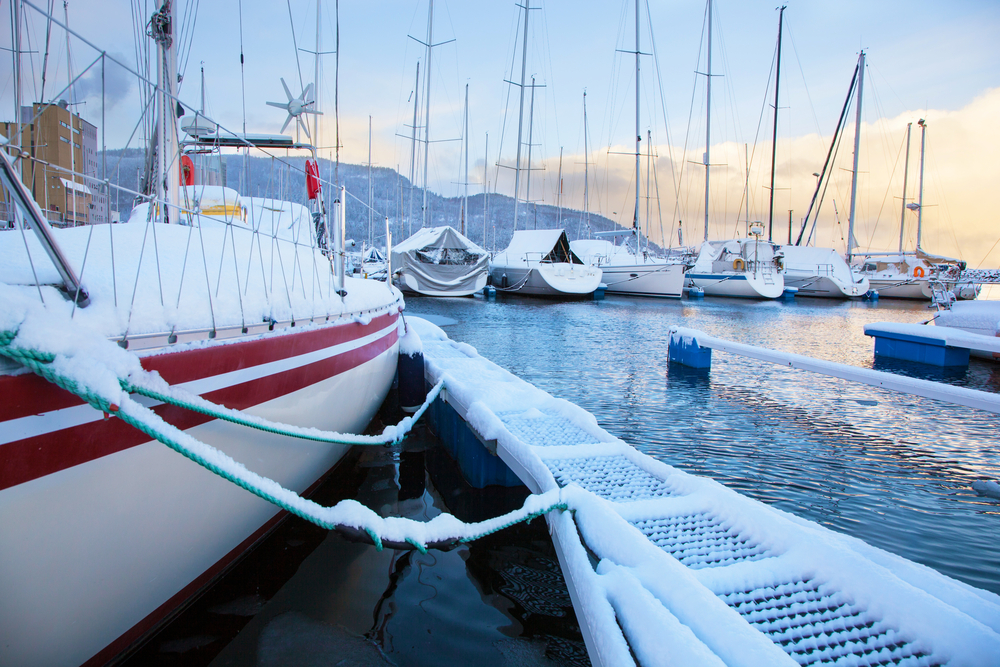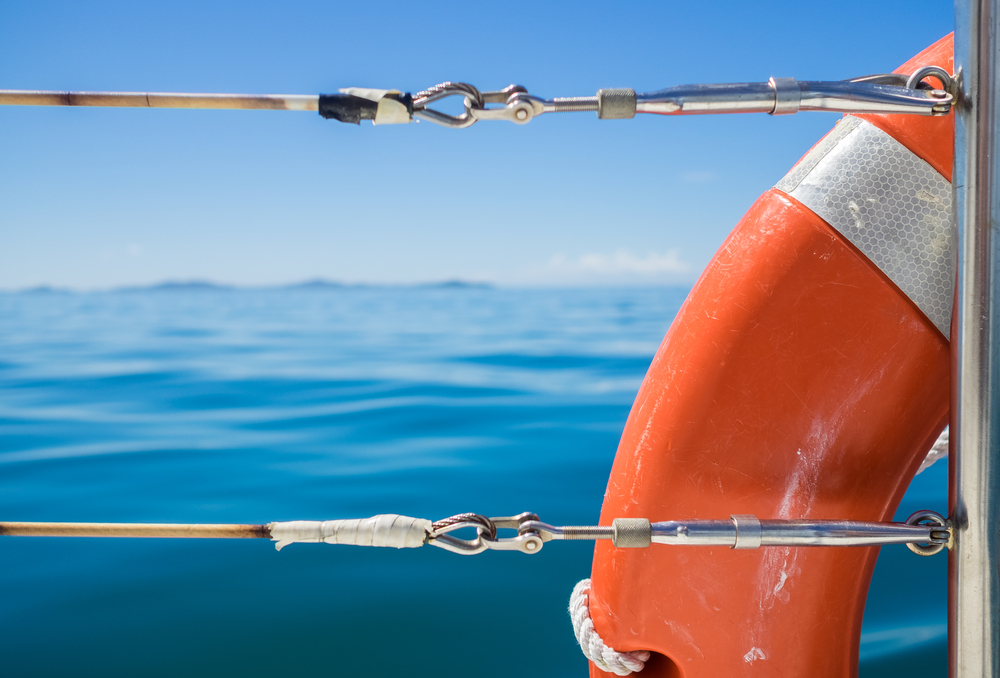Do you want to take your vessel out on cold Canadian waters with friends and family throughout the winter? Or, alternatively, are you going to put your vessel into storage until spring? No matter what you want to do with your vessel, marine safety is paramount. Our boat registration site is dedicated to making certain that our clients have the Canadian vessel documentation or licensing that they need. That said, there’s nothing more important than boating safely. Below are some tips to keep your person and your vessel safe, no matter how you use the latter this winter.
Canadian Marine Safety in Winter
You know to leave a float plan with someone on land that you trust. Additionally, you know to make certain that your vessel is in top working order before you take it out on the water. That said, something we find that even experienced Canadian marine professionals forget about water in the winter: it can be reduced in some places. After a summer season that was hot, dry, and long, some of your favorite fishing holes may be so shallow as to be inaccessible. Additionally, another change you may have to deal with: ice. The last thing you want is to ram into any ice chunks or similar debris when powering through the water.

If You Do Fall in the Water
Should you fall in the cold water unexpectedly, it’s natural (and perfectly understandable) to be in shock. However, the most important thing to keep in mind: don’t panic. Take a minute, take deep breaths, so that you can get your breathing under control. Yes, you’ll be very cold, but you have time, at least ten to fifteen minutes, (even in the coldest water) to be able to rescue yourself, so to speak. An approved personal flotation device can make all the difference in the world.
What to Keep in Mind When You Store Your Vessel for Winter
When it comes to making sure your vessel’s ready for winter storage, fluids are important. Replace the engine oil as well as the gear oil, and stabilize the fuel as well. Flush and drain cooling water and be sure to look for any leaky or even just old batteries. Replace if necessary. Speaking of “draining,” that’s what you’re going to want to do to any hoses, pumps, and fish boxes. Oxidation, corrosion, and rust are not your friends. So, be sure to lubricate/grease engine fittings to protect against that. Those are just some of the things to be aware of before you winterize your vessel.
A “Port” for Boat Registration that’s Always Open
Boating this time of year can be exquisitely beautiful, but you always want to be careful, too. Many vessel owners take this time to make sure that all of their vessel documentation is up to date. YOu can do that at our site at any time. To see all that we offer, all you have to do is click on our site.

